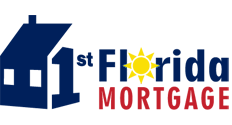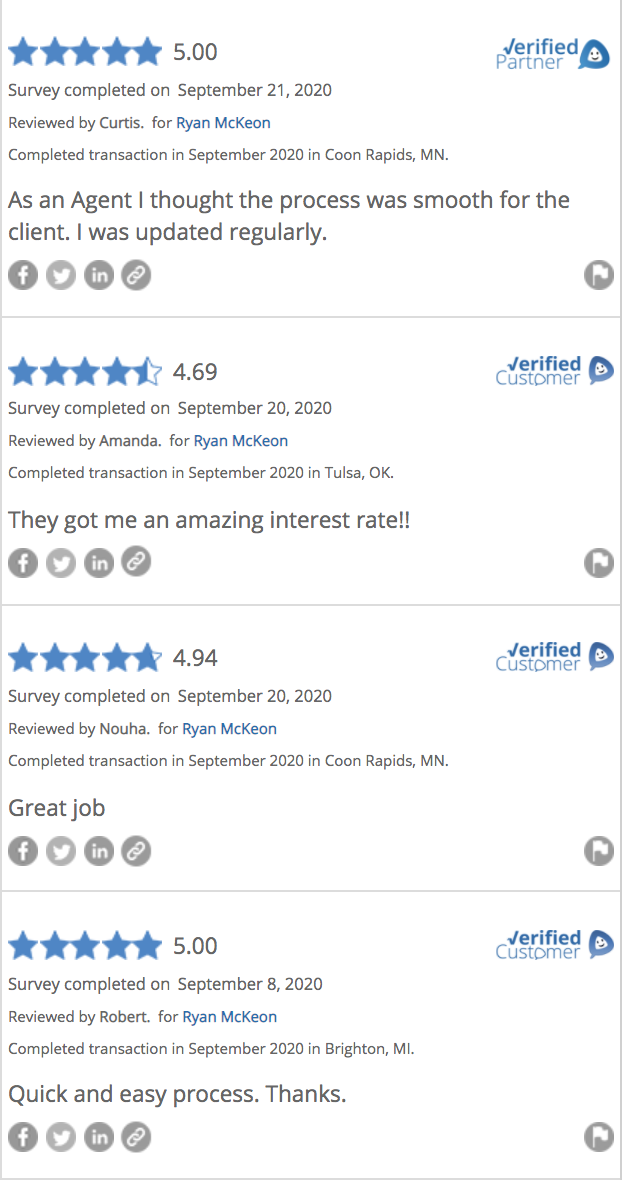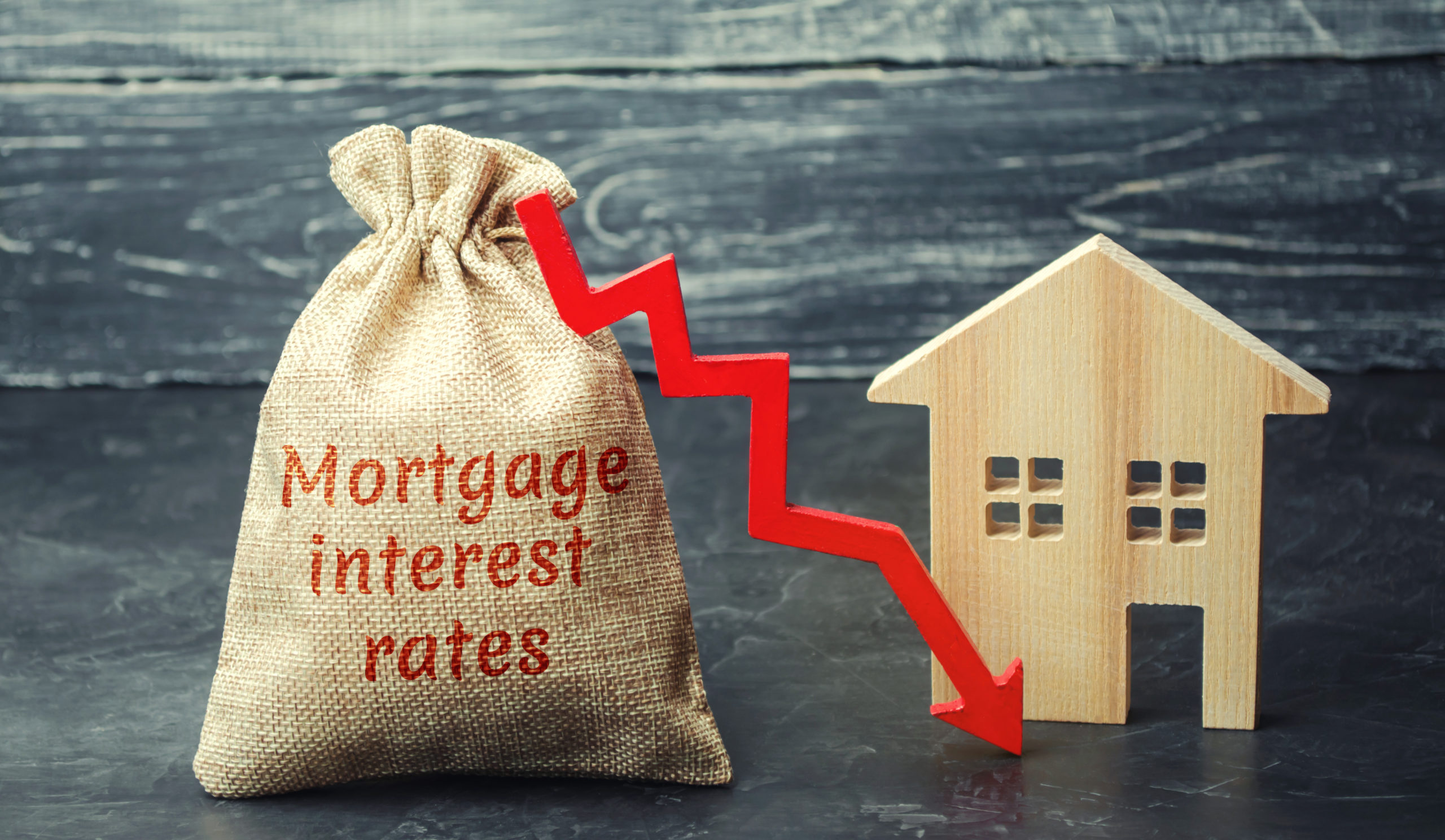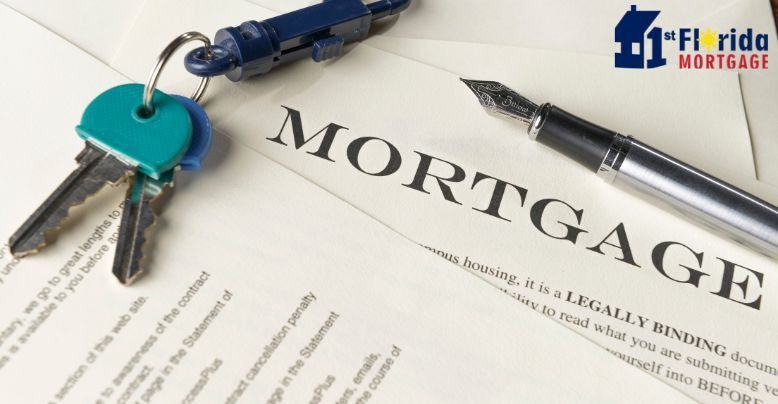Private Mortgage Insurance (PMI)
Private mortgage insurance protects your mortgage lender in the event you default on your loan. Many lenders will require high risk buyers to carry private mortgage insurance to protect what is their investment too. Generally, it’s required if you have a conventional loan and make a down payment of less than 20 percent of the home’s purchase price.
What that means is you’re paying for the risk you present to the lender, and until your loan-to-value ratio (LTV) dips below 80%, you’ll continue to pay that premium. Fortunately, you may not have to keep paying for mortgage insurance for the entire length of the loan. While your lender may require you to keep it for a minimum of two to five years, you can then look into eliminating it by getting a new appraisal.
If you take out a conventional loan above 80% LTV, you’ll need private mortgage insurance, which your lender will facilitate when going through the loan process. It can also be required when you’re refinancing with a conventional loan and your equity is less than 20 percent of your house’s value.
Of note, if you take out an FHA loan, you’ll get mortgage insurance through the FHA
If you stop making payments on your home loan, the lender has the right to foreclose on your house to recoup their lien on the property. The lender will normally set up PMI through a private insurer and add the premium to your mortgage payments to make things as seamless as possible for you.
Homeowner’s Insurance
You need to provide documentation that you have purchased an adequate amount of homeowner’s insurance, usually in the form of the policy’s declaration page, when you go to close on your home. This document shows which coverages you carry and in what amount. Regardless of circumstances like the amount of your down payment or the percentage of equity you have, homeowner’s insurance is generally required as a part of your loan agreement.
Most people choose to get their own insurance privately, but your lender can do it for you at an extra cost. Payments made toward that policy will normally be included in the monthly payments of the homeowner’s mortgage. The lender receiving the payment allocates the portion for insurance coverage to an escrow account. The amount owed once the insurance payment comes due, is settled from this escrow account.
Unlike PMI, homeowner’s insurance is designed to protect you financially in case something happens to your property, home or your belongings inside your home. Homeowners insurance also provides coverage against accidents inside your home or on your property.
Customarily, you will be required to pay a deductible, which in effect is the out-of-pocket costs for the insured, when you make a claim on any of these incidents. For example you have interior water damage in your home. A claims adjuster will decide what the cost to bring the property back to livable conditions is. In this example estimated to be $10,000. When the claim is approved the you’ll informed of the amount your deductible, for this example $4,000 that you will have to pay on your own. The insurance company will issue a payment of the excess cost, in this case $6,000. The higher the deductible, the lower the monthly or annual premium on a homeowner’s insurance policy.
Mortgage Protection Insurance
Mortgage protection insurance (MPI) is simply a kind of life insurance and is not required to obtain a loan. This is totally optional coverage. Premium payments vary depending on the amount of the loan and the policy holder’s age and health. Some MPI policies cover a mortgage if there is a disability, and those premiums depend on the borrower’s occupation.
What this insurance does is your insurer pays the remainder of your loan balance directly to the lender, if you die with a mortgage. This means your spouse or children won’t have to worry about making future mortgage payments or losing the home.
Some MPI policies pay a benefit that covers job loss or a disability, will cover your mortgage payments for a year or two. Your insurance agent and the policy will explain if there is a mandatory waiting period before payments are made. Disability policies generally cover only the principal and interest portion of a mortgage payment but no other expenses such as HOA dues, property taxes, or homeowners insurance.
First Florida Mortgage Can Help
At First Florida Mortgage, we are a Florida-based mortgage company. We want to help you through every step of financing your new home. Fill out the quick contact form or call First Florida Mortgage today at 1-800-501-2131 to speak with one of our Florida mortgage specialists and get a free good faith estimate.





